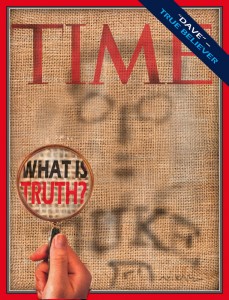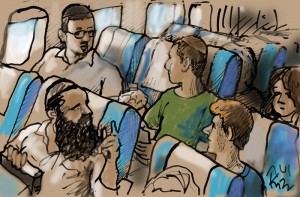An excerpt from my new book, The Unmaking of Israel, now up at Slate, brings new evidence that recasts the story of 1948. Additional excerpts will be appearing tomorrow and Wednesday.
The most basic question about Israeli democracy has existed from before its birth: What would be the status of Arabs in a Jewish state? The answer is riddled with contradictions.
On the surface, the partition of Palestine approved by the United Nations in November 1947 offered a straightforward way to deal with two national groups claiming the same territory: Each would get part of the land. The problem with that solution was the same one faced in drawing borders between nation states in Europe after both world wars, or in partitioning the Punjab between India and Pakistan in 1947. No clean geographic line separated the groups that were to be divided. They lived among each other. The U.N. plan for Palestine gave 55 percent of its territory to the Jewish state and 40 percent to the Arab state, with Jerusalem as an international enclave. In the area designated for the Jewish state lived 500,000 Jews and 450,000 Arabs. Another 100,000 Jews lived in Jerusalem, and a small number in scattered communities in the land assigned to the Arab state.
Given those numbers, and given what happened to the Palestinian Arabs in 1948, it is easy to conclude that the founders of the Jewish state adopted a policy of expulsion and proceeded to carry it out. The conclusion, however, suffers from the fallacy of intent—assuming that if things turned out a certain way, someone planned it that way. More subtly, it fails to distinguish between political mood and explicit policy.







